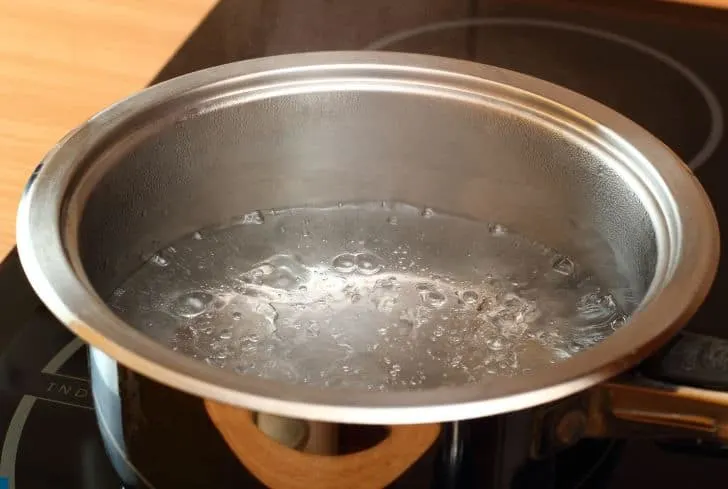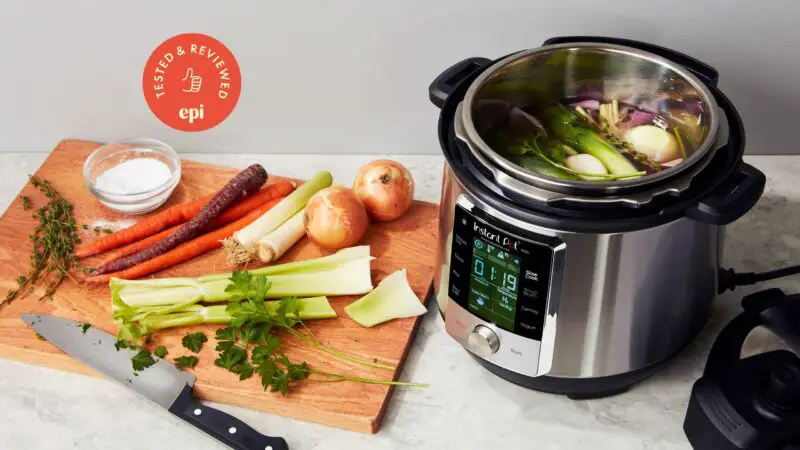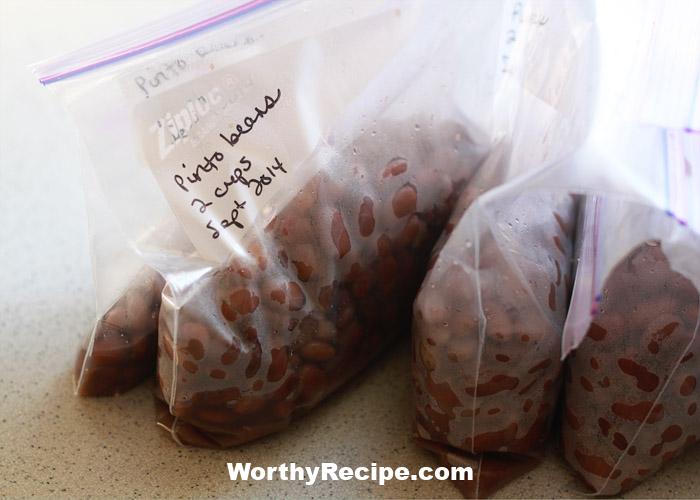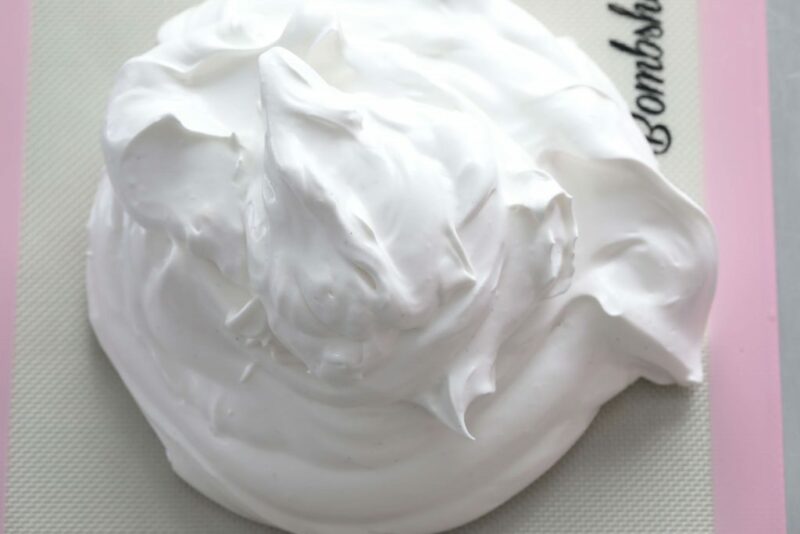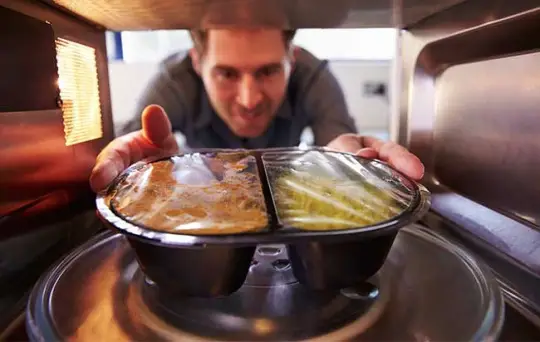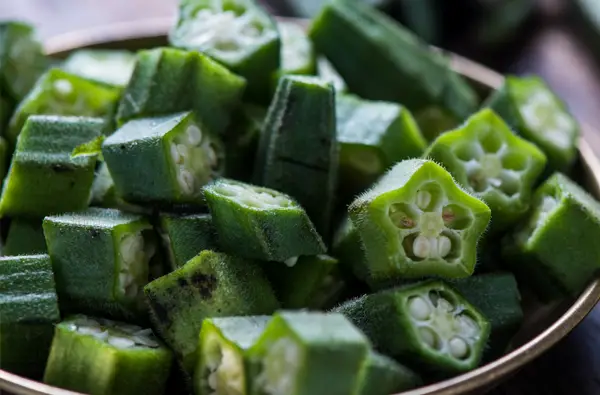Is It Safe to Boil Water in Aluminum?
Boiling water in aluminum pots or containers is a common practice in many households. However, there have been concerns about the safety of using aluminum cookware for boiling water, with some arguing that it may pose health risks.
While some scientific studies suggest that aluminum exposure may lead to potential health issues, the verdict on boiling water in aluminum remains inconclusive. This article seeks to examine the safety concerns surrounding boiling water in aluminum, taking a deep dive into the scientific evidence and providing guidance on how to use such products safely.
The Science Behind Boiling Water in Aluminum
Aluminum is a lightweight metal and one of the most abundant elements in the earth’s crust. It’s widely used in different industries, including the food industry, where it’s commonly used to make cooking implements such as pots and pans.
When exposed to high temperatures, aluminum undergoes chemical reactions that can result in its release into food or drinks. The amount of aluminum released into food or drink depends on various factors such as pH levels, temperature, and duration of exposure.
Studies have shown that using acidic liquids such as tomato sauce or vinegar, prolonged boiling times, or cooking at high temperatures could increase the amount of aluminum exposure from cookware.
The Facts Surrounding Boiling Water in Aluminum
The scientific community has conducted numerous studies to examine the impact of exposure to aluminum on human health. While some studies have found potential health concerns associated with prolonged or frequent ingestion of significant amounts of aluminum through food and water sources, others have reported no significant correlation between aluminum exposure and adverse health effects.
The World Health Organization (WHO) states that humans are exposed to varying amounts of aluminum regularly through food and drinking water – with seafood, vegetables, and meat containing the highest amounts. However, they still consider daily exposure to aluminum from these sources safe.
Regarding the matter of boiling water in aluminum, there is insufficient conclusive evidence to determine its safety. According to a report by The New York Times based on research published in Environmental Engineering Science, if boiling water in an aluminum pot for up to six minutes using tap water (non-acidic), “the amount of dissolved aluminum would be undetectable.”
Common Concerns and Misconceptions
Although studies suggest that boiling water in an aluminum pot may not lead to significant amounts of aluminum ingestion in the general population, concerns among individuals using such cookware remain present, with some arguing that it can cause health risks over time. But are these concerns validly rooted in scientific evidence?
- Misconception: Aluminum contributes to Alzheimer’s disease.
- Misconception: The use of aluminum cookware can increase cancer risk.
- Misconception: Allowing food or drink items to cool down inside an aluminum pot can cause health risks.
Studies do not provide conclusive evidence linking aluminum exposure with Alzheimer’s disease. The National Institute on Aging states that while it was once thought that ingestion of aluminum through drinking water or cookware may contribute to Alzheimer’s disease development, there is insufficient evidence suggesting it as a cause of the condition. According to researchers at the Alzheimer Society Canada, “aluminum is a recognized environmental risk factor for Alzheimer’s dementia but currently not one of the primary causes.”
Current scientific evidence does not report exposure from aluminum cookware leading to increased cancer risks.
Cooling down food or drink in an aluminum container poses no immediate risk to human health. There is evidence suggesting aluminum and other heavy metals’ exposure could contribute to long-term risks if consumed frequently or in large amounts, but the risk of one-off consumption from cooling down food in aluminus containers is minimal.
The Alternatives to Boiling Water in Aluminum
While enough evidence to prove that boiling water in aluminum can result in health concerns is lacking; choosing alternative materials such as stainless steel and glass for heating or storing water may provide peace of mind.
- Stainless Steel: Stainless steel is a popular option due to its durability, versatility, and ease of use. Unlike aluminum, it doesn’t chemically react with acidic foods like tomatoes or citrus fruits, so it’s a safer option for those who cook with these items frequently.
- Glass: Glass is a fantastic material for those looking to avoid any reactive metals when boiling water. It is also non-toxic and free from potentially harmful chemicals found in some types of plastic used for water storage.
Commercial Pots and Cookware Made from Aluminum
If you prefer using aluminum cookware for boiling water, there are several options available on the market, including:
- Anodized Aluminum Cookware: This type of aluminum has been treated with an electrochemical process that makes it harder than regular aluminum cookware. This process also creates a protective layer that prevents aluminum from leaching into food.
- Ceramic-Coated Aluminum Cookware: This cookware features a ceramic non-stick coating designed not to release harmful chemicals into food as compared to Teflon, making it a safe option for everyday use.
- Clad Stainless Steel Cookware: Some commercial grade aluminum cookware features an aluminum layer between two layers of stainless steel. The result is a durable pot or pan that heats evenly while minimizing the risk of aluminum exposure.
When selecting an aluminum cookware product, you should look for reputable brands from companies with a history of producing quality kitchen products. You should also check the cookware label to ensure it meets recognized safety standards such as CA 65, which regulates heavy metals, including lead and cadmium in consumer products in California.
Testing Whether it’s Safe to Boil Water in Aluminum at Home
You can assess the level of aluminum contamination from your cookware using household items like lemon juice and baking soda. For example:
- Baking Soda Test: Fill your pot with water, add two tablespoons of baking soda, and bring to a boil. Allow to cool and wash as normal if there’s no discoloration; it is safe.
- Lemon Juice Test: Add two tablespoons of fresh lemon juice to your pot of distilled or tap water and bring to a boil. If there is no “metallic” taste of the solution, it is safe.
Note that these home tests are not considered wholly reliable and cannot replace testing by certified organizations in terms of guaranteeing safety for human consumption.
Guidelines for Safely Using Aluminum Cookware for Boiling Water
Cooking with aluminum pots or containers does not pose any significant health risks when used correctly. Ensure you follow these guidelines when using such cookware:
- Avoid very high temperatures: Prolonged exposure to extreme temperature can cause leaching and increase the chances of your cookware sustaining permanent damage.
- Cleaning: Clean thoroughly after each use using mild detergent, non-abrasive sponges to avoid scrapes or corrosion. Proper cleaning helps prevent any food or drink particles that come into contact with your aluminum pot from causing a chemical reaction.
- Discard Damaged Cookware: If you notice scratches or wear on your cookware’s surface, consider discarding such items immediately as they are more likely to lead to leaching and release metals into food when used.
- Avoid Cooking Acidic Foods: Acidic foods may increase the likelihood of aluminum leaching.
- Boil water in small batches: Boiling water in smaller batches significantly reduces the potential for aluminum leaching into the liquid.
What You Should Do If You Suspect Your Health Has Been Compromised by Boiled Water from an Aluminum Source
If you suspect health problems related to aluminum exposure through boiled water, consult your healthcare provider or a certified toxicologist to evaluate your potential risk factors fully. Healthcare providers may conduct blood tests and checks for other investigation methods looking for increased levels of aluminum exposure potentially.
Conclusion
In conclusion, the verdict on whether boiling water in aluminum is safe or not remains inconclusive, with scientific studies finding conflicting results. Although aluminum has been found safe in trace amounts in food and drinking water, concerns about long-term exposure through frequent cooking with aluminum cookware remains present among some individuals. Safeguarding one’s health requires taking precautions by choosing safe cooking materials like stainless steel or ceramic coated cookware, avoiding extremely high temperatures, cooking acid-containing foods from aluminum cookware, keeping the cookware in good shape and taking tests to ensure safe consumption.
Frequently Asked Questions
Is it safe to boil water in an aluminum pot?
Boiling water in an aluminum pot is completely safe. Aluminum pots are lightweight, affordable, and efficient heat conductors, making them a popular choice for cooking and boiling water. However, there are a few things to keep in mind.
Does boiling water in aluminum cause health risks?
There is no scientific evidence to suggest that boiling water in an aluminum pot presents any health risks. In fact, aluminum has been used in the food industry for decades and is generally regarded as a safe material for cooking.
Will boiling water in aluminum cause the pot to leach into the water?
Aluminum can react with acidic or salty foods and can leach into the food if left for long periods of time. However, when boiling water, the pH level is neutral, which means you can safely boil water in an aluminum pot without any risk of leaching.
How should I care for my aluminum pot after boiling water?
After boiling water in an aluminum pot, simply clean it with warm soapy water and dry it thoroughly to prevent any oxidation or discoloration. Avoid using abrasive cleaners or harsh chemicals on your aluminum pot since they can scratch the surface and damage the pan over time.
